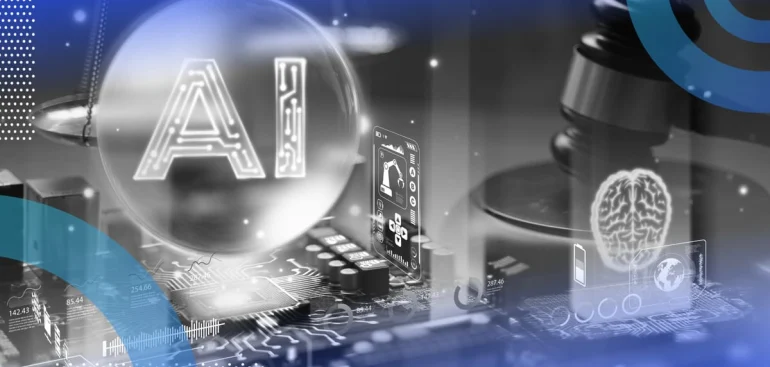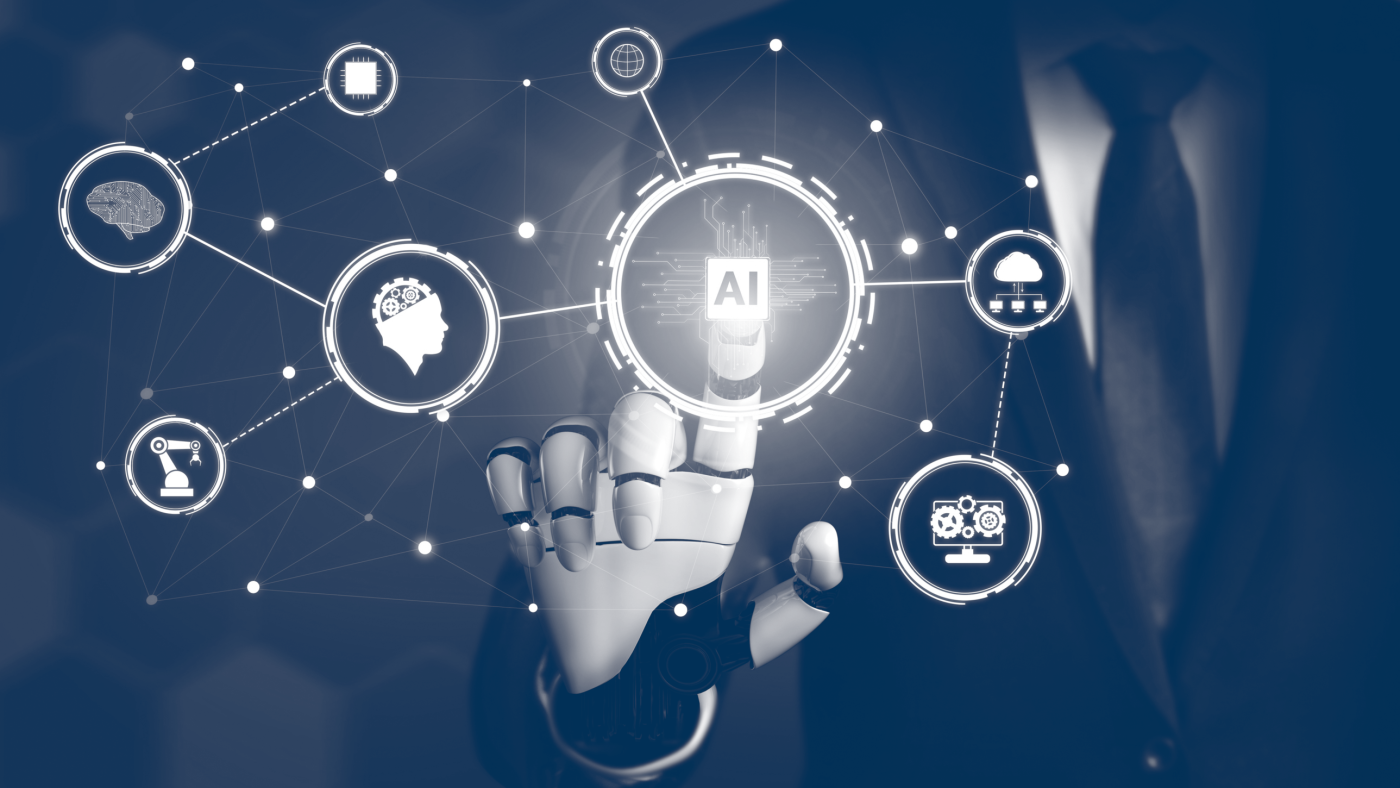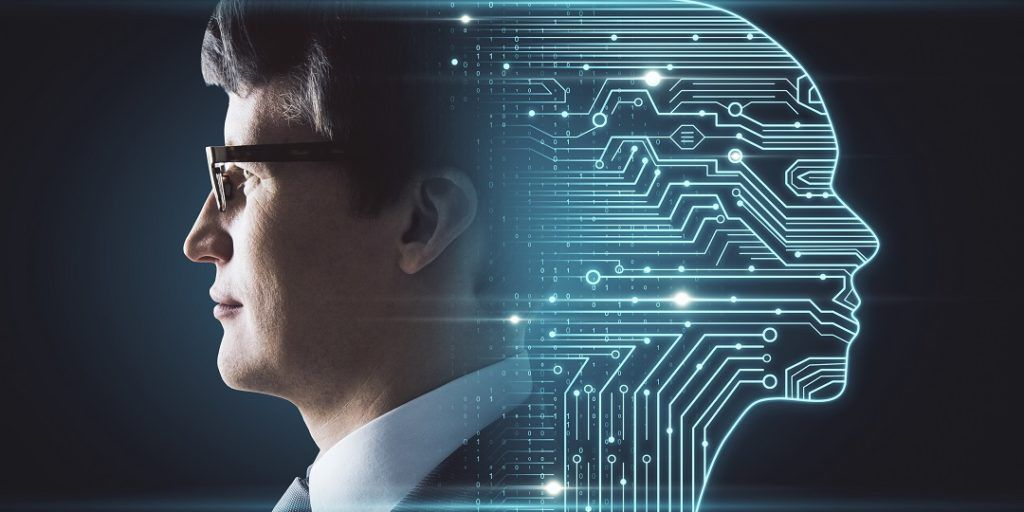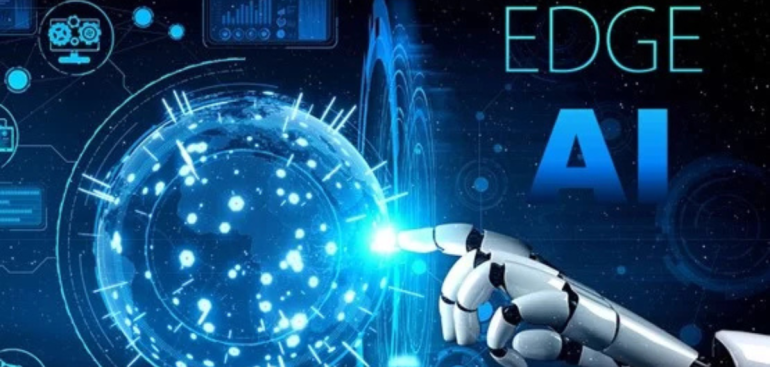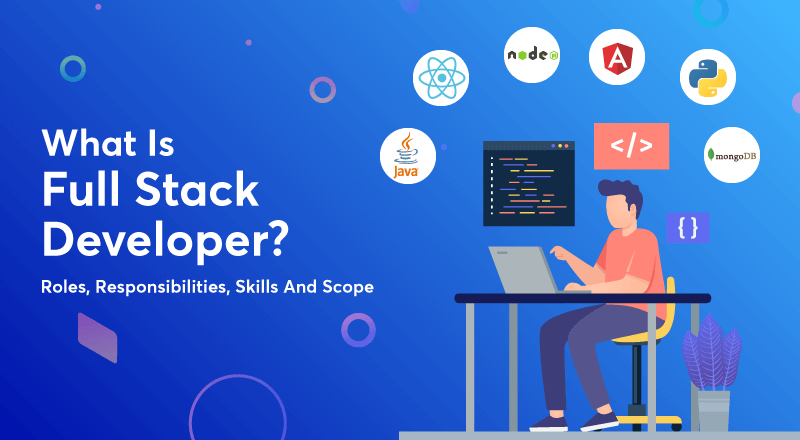Friends, as you all must know how AI has made all our work easy. AI is making all our work simple and fast day by day. If we look at the truth, in today’s time, AI has become an important part of our lives. Wherever you look, you will not find any place or file where AI has not been used in today’s time. Our dependence on AI has increased so much that now we do not like to go out of the house even for shopping and order for ourselves while sitting at home.
AI allows machines to think, make selections, and carry out tasks likewise to humans. However, AI growth every day, and different risks are also beginning to surface. Without further ado, let’s learn a little more about it.
Why AI Needs Governance:
Guys, understand this point a little carefully now. Think for yourself, when something is working very well, will it always work without creating any problems? The same is the case with everyone, as it happens with this technology too. AI is a powerful technology that can do a lot of useful work, but without control, it can also create problems. Now, let us assume that some wrong data is given to you, then how do you feel that AI will give you the right decision? AI can also do a good job on our prompts, but everything else is in human hands.
Now, if you ask AI to give someone a job or a loan, it won’t be able to do that and will make an unfair decision. AI governance is necessary so that there are clear rules about how and where AI should be used.
Key Points of AI Regulation:-
Transparency:
Now, listen to what this point means and why it is important. First of all, you should know that transparency simply means how the AI system works. You must know that every feature is required for some reason or the other, and this too has a very important role which you should know. Let us assume that AI has made a decision on something, now it can be a loan or an approval. When all these decisions have been taken through AI, then it is also important to know on what basis these have been taken.
If the workings of an AI are not transparent, individuals will lose trust in it. In simple language, transparency contributes to making AI reliable, equitable, and accountable.
Privacy and Data Protection:
Friends, I’m sure that many individuals must have grasped what this feature entails as soon as they heard its title. However, permission me to explain what this includes. Privacy and data security focus on confirming the safety of people’s individual details. That’s why strong rules are necessary for AI, which confirm that the data is used only for allowed by law and safe purposes.
Customers should know how their data is being gathered and where it is happening applied. Privacy and data protection build confidence between people, and AI is used carefully.
Conclusion:
Guys, as we all know very well how much AI has changed today’s modern times. Day after day, AI is making our tasks, yet we together meet difficulties for which AI governance and regulation are necessary. This promises that AI is applied safely and morally. Suitable guidelines for safe data privacy, minimize unfair treatment, and encourage confidence in AI systems.
Now, nothing can break our protection from this. If we establish strong governance for AI today, we can create a future where technology helps people, not threatens them. This is a wonderful technology for data protection and more.

